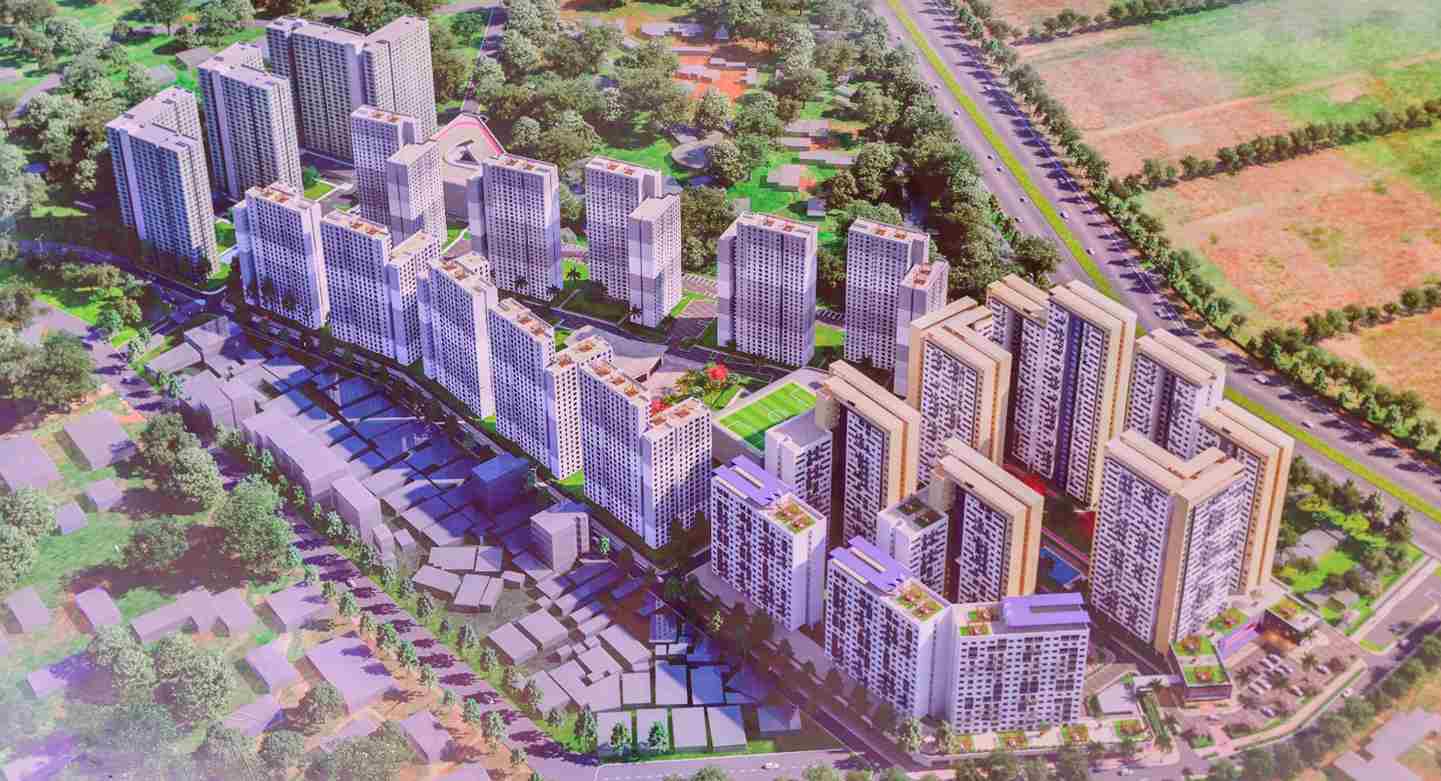By John Walubengo
The affordable housing project, started by the previous Uhuru administration and accelerated and pushed by the current President Ruto’s administration, is, believe it or not, a good initiative.
No one disputes the fact that the housing or real estate market is broken, actually very broken. And it has been for the last sixty years since independence.
We have a situation where the private sector concentrates on meeting the housing needs of the ‘1%’ who live in the upper levels of the socio-economic pyramid, while utterly ignoring the housing needs of those living below it. Left to its own market demand and supply dynamics, the housing sector will slowly and surely result in what in Brazil is known as the ‘favela problem’
A favela is a slum dwelling that is too big and disorganized for far too long, to the point where government agencies and services are no longer expected by the residents. Indeed, police dare not patrol ‘favelas’ because the whole place is run by criminal enterprises offering social amenities including health, water, housing, and security and collecting tax in the form of ‘protection money’.
This type of situation already exists in some of our slums; it is just that the threshold to declare a ‘state-within-a-city’ by the criminal enterprise has not yet been breached. With time and increasing populations and squalor, that threshold may not be too far off.
And so contrary to popular belief, I think that governments have a right and valid interest to be involved in providing housing affordable housing to their citizens. However, the devil, as they say, is in the details of the execution of such a housing program.
Kenyan politicians and bureaucrats keep citing Singapore, Malaysia, China and other Southeast Asian Tigers where similar housing programs have succeeded and moved millions from slums into decent housing within one generation.
Trust Deficit
However, the Asian tiger culture and question of trust in politicians in terms of what they can or not do with public money, how they account for it and how it remains ring-fenced for its original purpose is quite different from what obtains in Kenya.
Since independence, the litany of public projects that have had their funding embezzled by well-connected ‘wheeler dealers’ commonly known as ‘tender-prenuers’ is long and winding and Kenyans know that it’s not about to be closed.
That explains the spirited resistance to have their salary chopped and the funds transferred into yet another potential scandal.
Can Technology Help?
Enter Blockchain – the ‘Trust Machine’
Given the trust deficit between the citizens and successful government administrations, we probably need a third party, a neutral data infrastructure to broker and build trust and ensure better and higher funding participation from the public.
There exist tried and tested real estate blockchains solutions that can ‘tokenize’ the housing assets, making them widely available for purchase.
The Blockchain system uses ‘smart contracts’ to record common real-estate transactions onto some immutable ledger that is less prone to internally instigated alterations by government operatives.
Three key benefits emerge from a decentralized blockchain real-estate system that do not exist in the current centralized model of managing affordable housing projects.
The first is that once a housing unit has been ‘tokenized’ it is instantly available to be purchased by a global audience, as opposed to being restricted to the local, overtaxed, salaried employees.
This means that Kenyans in the diaspora may snap up most of these units, unlocking a new funding stream that was previously hidden.
The second benefit is that once the housing unit has been tokenised, investors can own a ‘fraction’ of the house, as opposed to trying to raise money over twenty years to own the full house.
This basically speaks to Kenyans who don’t mind owning a house in say Nairobi, but are not interested in staying in Nairobi, but rather prefer the ‘purchase-and-rent’ model.
The third and perhaps the most important benefit of a ‘Real-estate on a Blockchain’ solution is that it creates a secondary housing market where the original investors can easily exit by floating their tokenized housing units to the newly interested investors.
The ability and the ease with which investors can exit a housing investment unlocks more and fresh funding, creating a virtuous cycle of funding opportunities.
The Kenya Kwanza administration prides itself on being digital and techno-savvy. But are they willing to extend their technology appetite into these new emerging domains of Blockchain?
Time will tell.
______________________________________________________________________
John Walubengo is an ICT Lecturer and Consultant. @jwalu.
![]()




